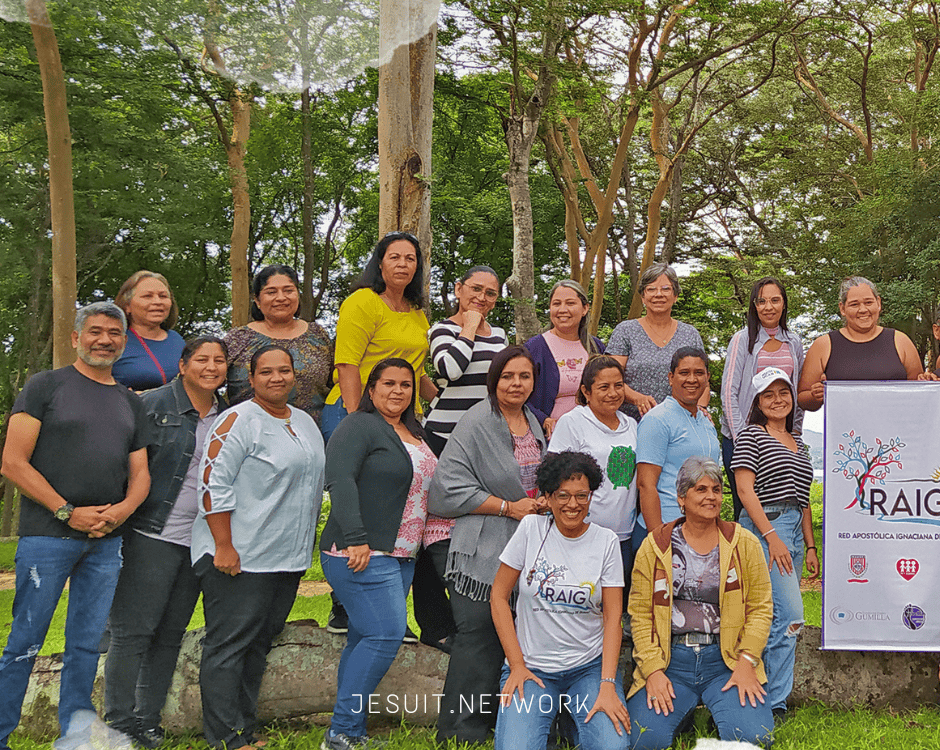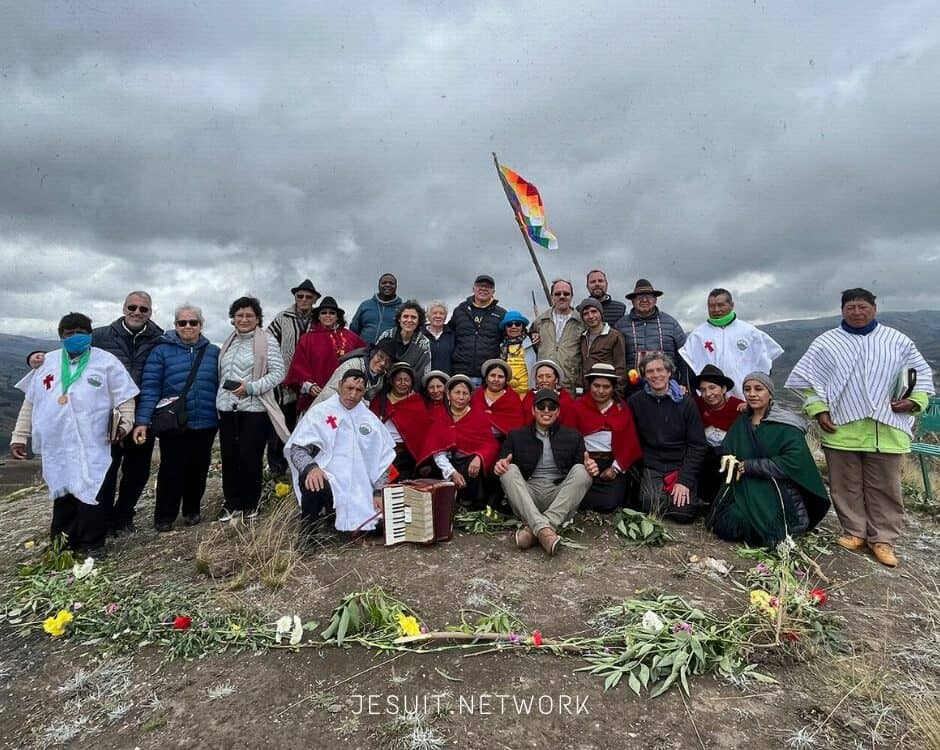This website uses cookies so that we can provide you with the best user experience possible. Cookie information is stored in your browser and performs functions such as recognising you when you return to our website and helping our team to understand which sections of the website you find most interesting and useful.
On Collaboration: Between Hierarchies and Wirearchy
In the midst of the pandemic, the need to be collaborative stands out and makes more sense. Perhaps the urgency of collaboration will help us unlock the conceptual difficulties we have in defining what collaboration in the Society of Jesus should be. In this matter I am convinced that we have advanced by trial and error; and I know that the strongest blows have generally been dealt by lay collaborators, more so than by Jesuit collaborators. There are people who have been hurt, and we know that recovery takes time, and that it may or may not happen.
There is much ground to explore (between trials, errors and successes) and many institutional challenges that need to be faced with lucidity and generosity. One of them has to do with the way the Society of Jesus is structured and in it the exercise of authority, and with the practical scopes in terms of responsibilities of its multiple and diverse collaborators.
The distinction between Jesuit collaborators and other collaborators (laymen or women, and others) is not only necessary but convenient for both. It is not the same thing to be a member of the Society of Jesus and live the demands for which one has chosen to be part of it and to be received by it, as to be a non-Jesuit collaborator in the Society of Jesus and to opt for the apostolic project that is built there among all.
The Society of Jesus is hierarchical by constitution. Its head is Christ Jesus of whom we are companions, and its vicar: the Pope. And the highest body of authority in the Society (which is at the service of Christ and his vicar) is the one gathered in the Congregation: the few professed who remain in Rome, in the time of Ignatius, and today the delegates of the provinces for a GC. The General Congregation exercises this power by legislating and giving orientations; and after it has met, it delegates all its power to Fr. General in view of the mission, and he, in turn, delegates it with moderation to those he appoints major superiors (provincials, regional superiors and conference presidents), who, in turn, appoint local superiors.
Its hierarchical organization does not mean that the POWER is to command arbitrarily, but that the one who exercises the power must exercise it only by delegation and in function of the mission (God’s) that is received from Christ through the Roman Pontiff. To discern this mission, the General Congregation meets; to discern it, a Superior General is appointed; to discern it, major superiors are appointed; to discern it, local superiors are appointed; to discern it, these superiors seek and appoint collaborators; the most varied: some Jesuits, others not, some directors, others not, etc.
And it is this exercise of authority (which should be nothing other than the exercise of discernment) that guarantees that the Society of Jesus (the Jesuit order of religious) can be that: “of Jesus”. It is, in part, what has allowed it to survive for 450 years of history. Because the Spirit remains, in spite of our pettiness and defects. Therefore, to ask the Society of Jesus to stop being hierarchical (in that sense) is to denature it.
In the Apostolic Body of the Society of Jesus, all the collaborators participate and accept their mission as their own. But this does not mean that the Society of Jesus must cease to be hierarchical; and it would be wrong, whoever is in charge, to omit and dissolve the authority entrusted to it in a large or small assembly!
Now it is true that the Society of Jesus in the regency of its works, where it has a multitude of different collaborators (some Jesuits and others non-Jesuits) without whom it could not do all that it has to do, has to integrate in the best possible way, in its responsibility of discernment, the presence and the word of that multiplicity of non-Jesuit collaborators. And he must do so not because he needs them as if they were “personal”, but in virtue of their capacities and their proper status as non-Jesuit collaborators (whether lay, religious, priests, men or women, etc., even non-believers) of the “missio Dei”, the mission of all. But to foster this, we must not ask the Society of Jesus to stop being what it is and to abandon its hierarchical way of exercising discernment and authority.
This is the challenge of collaboration not only at the implementation level but also at the decision-making level.
This post has been published originally at the CPAL website in spanish accessible here.





